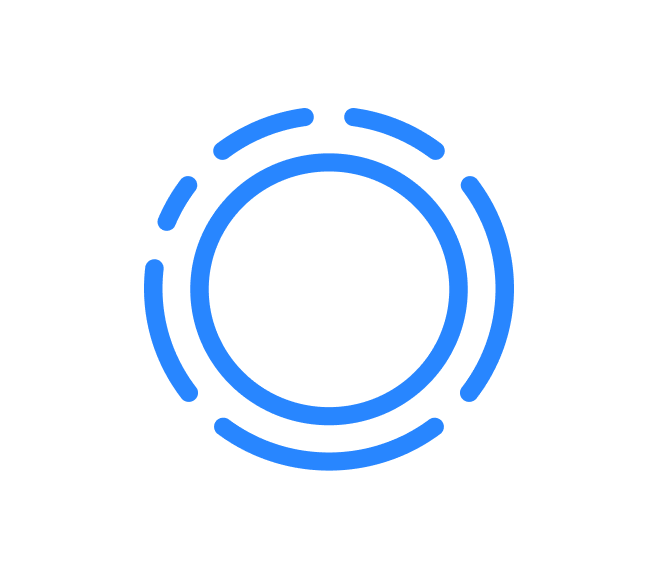
AI Agents in Healthcare: Transforming Care, Driving Automation, and Shaping the Future

Artificial Intelligence (AI) is no longer a futuristic concept—it’s actively transforming the way healthcare is delivered. From assisting in life-saving diagnoses to automating mundane administrative tasks, AI agents are becoming indispensable allies for healthcare providers. In 2025, AI is not just a tool; it’s a partner that helps hospitals, clinics, and patients navigate the complex world of medicine with precision and speed.
Revolutionizing Diagnostics
Imagine a world where diseases are detected before symptoms even appear. AI agents make this a reality. By analyzing vast amounts of medical data—including imaging scans, genetic information, and patient history—AI can detect early signs of conditions like cancer, heart disease, and neurological disorders. For example, Carnegie Mellon University’s AI system, CATCH-FM, has demonstrated incredible accuracy in predicting high-risk cancer patients, potentially saving countless lives.
Beyond accuracy, AI reduces human error. Radiologists can now rely on AI to double-check imaging scans, ensuring that subtle anomalies are not overlooked.
Virtual Health Assistants: 24/7 Care in Your Pocket
Virtual AI assistants are revolutionizing patient interaction. They can schedule appointments, provide medication reminders, and even offer emotional support. For patients with chronic illnesses, these assistants act as tireless companions, ensuring adherence to treatment plans and reducing hospital readmissions.
Clinical Decision Support: Smarter, Faster Decisions
Healthcare professionals are often faced with complex decisions under pressure. AI agents provide real-time support by analyzing patient data and suggesting personalized treatment plans. This combination of human expertise and AI insight leads to improved outcomes and a new standard of care that is both precise and proactive.
Streamlining Administrative Tasks
AI doesn’t just impact the clinical side of healthcare. It also revolutionizes operations. Routine tasks like billing, documentation, and scheduling can be automated through AI, reducing clinician burnout and allowing doctors and nurses to focus on patient care. Hospitals have reported significant cost savings and efficiency improvements after adopting AI-based administrative systems.
Remote Patient Monitoring: Proactive Health Management
Wearable devices paired with AI allow continuous monitoring of vital signs, enabling early interventions and preventing emergencies. Chronic conditions like diabetes and heart disease can now be managed proactively, giving patients more control over their health and peace of mind.
The Technologies Behind AI Agents
AI agents in healthcare rely on a combination of advanced technologies:
- Natural Language Processing (NLP): Helps AI understand and respond to human language, facilitating patient communication and medical documentation.
- Machine Learning (ML): Learns from data to improve predictions and decision-making over time.
- Robotic Process Automation (RPA): Automates repetitive administrative tasks.
- Wearable Health Devices: Provide real-time data for monitoring and predictive analysis.
Key Benefits for Patients and Providers
- Early Disease Detection: AI identifies issues before they become critical, improving survival rates.
- Operational Efficiency: Automation cuts costs and streamlines workflows.
- Personalized Care: AI tailors treatment plans to individual patient needs.
- Reduced Clinician Burnout: AI handles routine tasks, freeing up professionals for critical care.
- Enhanced Patient Engagement: Continuous support increases adherence to treatment and overall satisfaction.
Future Trends to Watch
- Integration with Genomics: AI is merging with gene sequencing and CRISPR technology to create truly personalized medicine.
- Expansion into Senior Care: AI agents are now being deployed in senior living facilities, improving quality of care for the elderly.
- Regulatory Oversight: Governments are establishing frameworks to ensure transparency and accountability in AI-driven decisions.
- Global Health Initiatives: Regions like Abu Dhabi are using AI tools for early detection of chronic diseases, setting new benchmarks for public health.
Conclusion
AI agents are transforming healthcare in ways once thought impossible. They are not just tools—they are partners, helping clinicians make smarter decisions, reducing administrative burdens, and providing patients with personalized, proactive care. The future promises even more innovation, with AI continuing to reshape medicine, one intelligent decision at a time.










